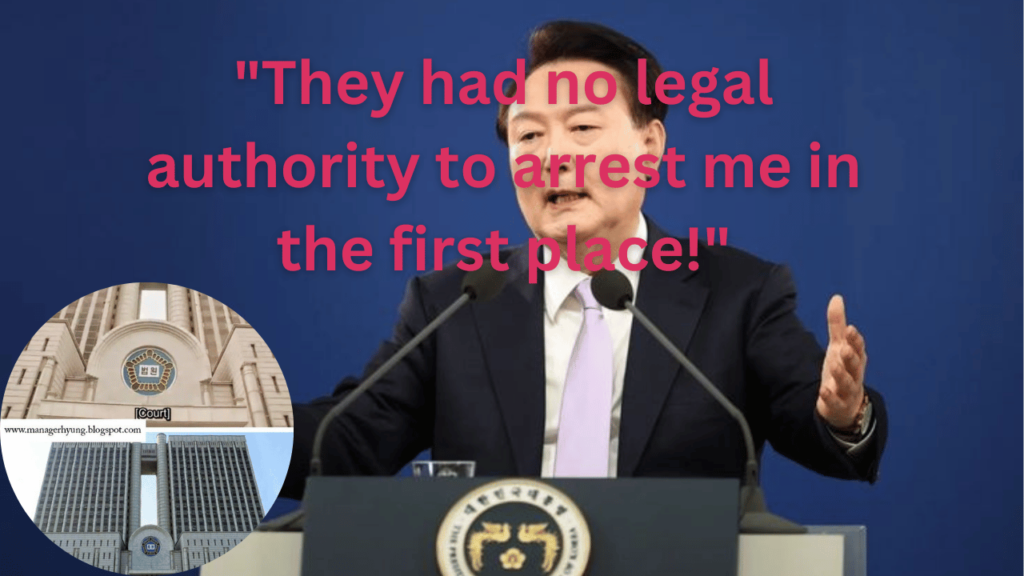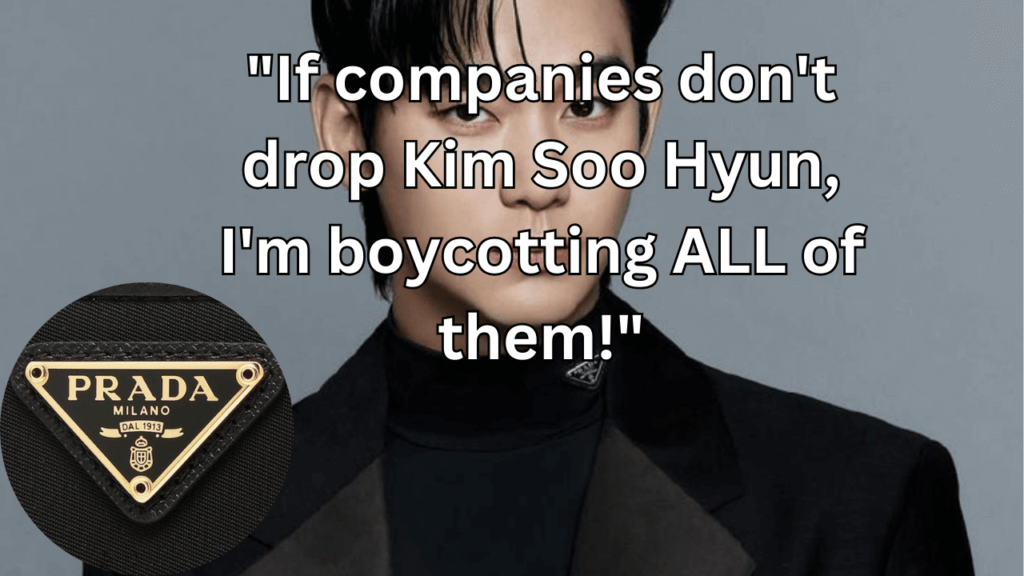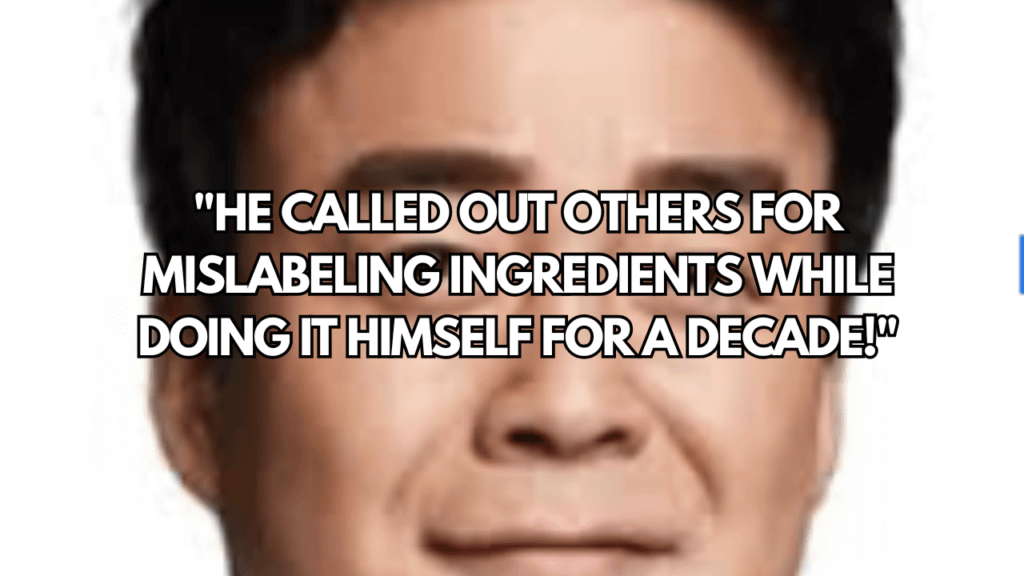Lee Junki Tax Appeal: Popular Actor Challenges Massive Tax Bill
The Korean entertainment industry is buzzing with news about Lee Junki’s tax appeal. The beloved actor is currently battling a staggering ₩900 million (approximately $620,000 USD) tax reassessment from the National Tax Service. Lee Junki’s tax appeal case has sparked conversations among fans and industry insiders alike, as the star fights what he believes is an unfair ruling.
The Shocking Lee Junki Tax Appeal Revelation
On March 19th, Seoul Crushers were stunned to learn that the Seoul Gangnam Tax Office had conducted a thorough tax audit on Lee Junki and his agency, Namoo Actors, in 2023. This Lee Junki tax appeal situation wasn’t made public until now, when reports emerged detailing the significant financial implications for the actor. Following their investigation, tax authorities determined that Lee owed additional taxes, resulting in a substantial reassessment amount.
The actor didn’t take this ruling lying down. Lee Junki initially filed a pre-assessment review to challenge the decision, hoping to resolve the matter quickly. Unfortunately, his request was rejected, leaving him with no choice but to elevate his Lee Junki tax appeal to the Tax Tribunal. This legal move demonstrates the actor’s determination to fight what he perceives as an unjust tax burden.
The heart of this dispute involves complex financial arrangements between two companies. In January 2014, Lee Junki established his own agency called JG Entertainment. Later, he signed an exclusive contract with Namoo Actors, creating a business relationship that’s now under intense scrutiny. Instead of paying Lee directly for his acting work, Namoo Actors transferred his appearance fees to JG Entertainment. This company then reported these earnings as corporate revenue and paid taxes accordingly.
See also: NCT Mark drops +82 Pressin teaser with Haechan
Why Tax Authorities Rejected Actor’s Financial Structure
The National Tax Service has taken issue with this arrangement in the Lee Junki tax appeal case. They’ve deemed the transactions irregular and potentially designed to reduce tax liability. According to their assessment, the payments should have been classified as personal income rather than corporate revenue. This distinction is significant because the corporate tax rate maxes out at 24%, while the personal income tax rate can reach up to 45%.
Tax authorities have argued that the financial structure could indicate tax avoidance strategies. They’ve also claimed that the tax invoices issued between Namoo Actors and JG Entertainment didn’t accurately reflect the true nature of the income. As a result of these findings, the NTS voided the corporate tax paid by JG Entertainment and reclassified the entire amount as Lee Junki’s personal earnings. This reclassification led directly to the additional ₩900 million tax liability at the center of the Lee Junki tax appeal.
The financial implications of this decision are enormous for the actor. While ₩900 million might seem like a manageable sum for a top star, it represents a significant financial burden for anyone, even a successful actor like Lee Junki. The case highlights the complex tax regulations that Korean celebrities must navigate while managing their careers and finances.
Lee Junki’s Defense Against ₩900 Million Reassessment
Lee Junki and Namoo Actors have maintained a united front in this tax dispute. They firmly believe the reassessment is unfair and inconsistent with existing tax practices in the entertainment industry. A representative from Namoo Actors made their position clear, stating: “Lee Junki respects the decision and has paid the full amount, but this ruling contradicts the existing tax practices.”
The actor’s team emphasized that they had followed tax regulations based on professional accounting advice. They insist that Lee Junki faithfully reported his taxes according to standard industry practices. In their view, this Lee Junki tax appeal represents a challenge to established norms that many celebrities and their agencies have relied upon.
An important detail in Lee Junki’s defense is that JG Entertainment isn’t just a shell company. It’s jointly owned by Lee Junki and his father, making it a legitimate family business entity with genuine operations. This ownership structure strengthens their argument that the company serves a legitimate business purpose beyond tax considerations.
Despite the controversy, Lee Junki continues to maintain his professional commitments while awaiting the final decision from the Tax Tribunal. His dedication to his craft remains unwavering even as he navigates this challenging legal battle. The Lee Junki tax appeal case serves as a reminder of the complex financial realities that often exist behind the glamorous façade of celebrity life.
Final Thoughts on Lee Junki’s Tax Appeal Challenge
The Lee Junki tax appeal case represents more than just one actor’s financial troubles. It potentially signals a shift in how the Korean tax authorities might treat similar arrangements throughout the entertainment industry. Many celebrities establish personal agencies for legitimate business reasons, including greater control over their careers and opportunities to diversify their business interests.
We’ll be closely monitoring this situation as it unfolds. The outcome could have far-reaching implications not just for Lee Junki but for many other Korean celebrities who have similar financial structures. The case raises important questions about tax regulations in the entertainment industry and how they’re applied to high-profile individuals.
What do you think about Lee Junki’s tax situation? Do you believe his financial structure was legitimate, or do you side with the tax authorities? Share your thoughts in the comments below!






